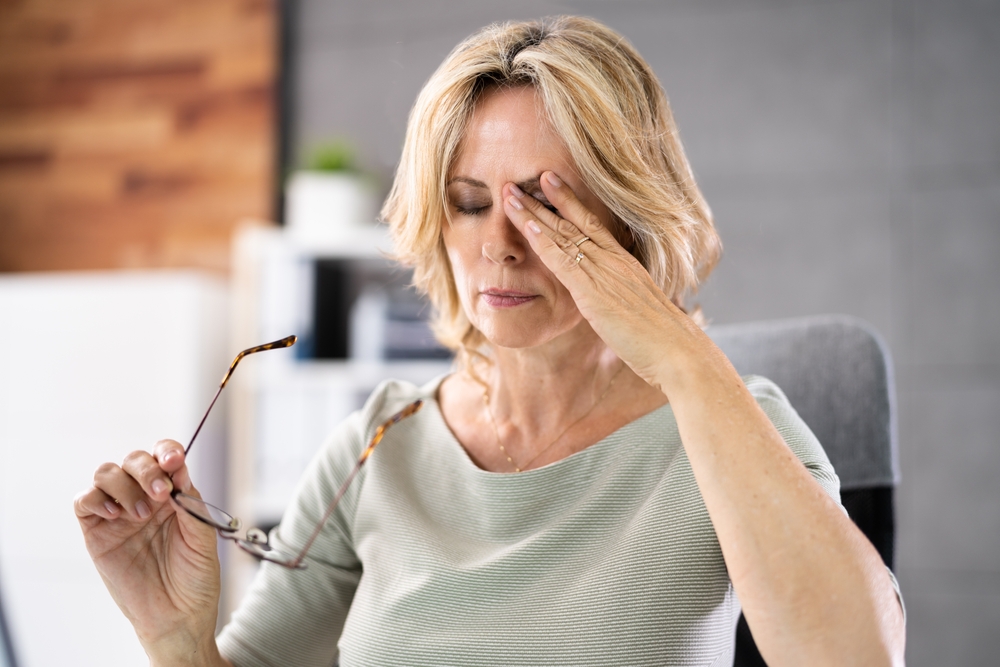
Macular degeneration is a condition commonly associated with older people. It is more commonly referred to as AMD or age-related macular degeneration. While it is more common in older people, younger people can also develop the condition.
This condition only affects central vision. Because of this nature of the condition, people never really go blind but have a challenge seeing things right in front of their faces.
What Is Macular Degeneration?
Macular degeneration is a condition that affects the health of the retina's central portion called the macula. At the beginning of the disease, there are only slight changes to the quality of vision, making it much harder to detect.
But in later and more advanced stages, it causes the complete loss of central vision and the ability to see things right in front of your face. The condition takes two primary forms, atrophic or dry and wet or exudative macular degeneration.
Atrophic or Dry Macular Degeneration
It is the most common form of macular degeneration, impacting between 85% and 90% of all people with the disease. It is the milder of the two primary forms and progresses over three main stages.
The leading cause of this form is the lipid and protein deposits called drusen that appear on the macula. Drusen are expected in all people but much more in people with macular degeneration. They usually start to collect under the macula, causing it to thin out and deteriorate over time.
Exudative or Wet Macular Degeneration
This is the less common form of the condition, but it is also the more fatal form, which usually advances quickly. When you have this condition, your progression from symptoms to vision loss takes a short time. Like the atrophic form, this condition also impacts the macula's health, but it does so differently.
Exudative macular degeneration usually develops when new blood vessels form under the macula. These abnormal vessels are often weak and start leaking fluids and blood into the macula. Over a short time, the fluids damage the macula, bringing its ability to function to an end.
What Can You Do About Macular Degeneration?
Once you develop the condition, you will have to take steps to manage it in other ways because there is no cure available. The best options are slowing the progression and preserving sight for as long as possible. The most common treatment strategies include the following:
Nutritional Supplements
Some studies into the condition found that using a mix of minerals and vitamins for treatment effectively slowed the progression. Some of the supplements usually include the following ingredients:
Vitamin E
Vitamin C
Zinc
Lutein
Zeaxanthin
The first versions of these supplements were likely to cause a higher risk of developing lung cancer in people with a smoking history. This was because of the presence of beta-carotene, antioxidant lutein, and zeaxanthin.
Medication
Some medications were created to help block specific proteins instrumental in producing new blood vessels. These medications do not cure the condition; they only slow the progression.
For more on how macular degeneration affects your vision and what you can do about it, visit Gulf Coast Retina Center at our office in Venice or Sarasota, Florida. Be seen today or call (941) 312-2769 to book an appointment.








